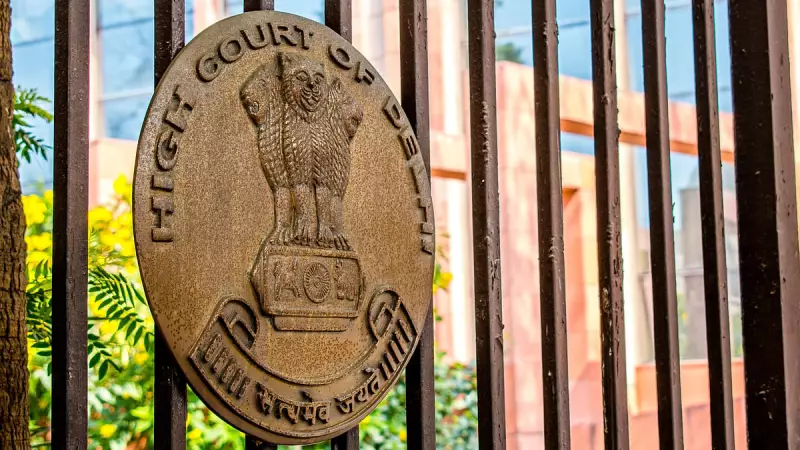
The Delhi High Court has taken up a significant plea in one of India's most notorious criminal cases, directing the Delhi government to formally respond to Vikas Yadav's application for furlough leave.
Justice Swarana Kanta Sharma issued the order, giving the state authorities four weeks to submit their stance on the matter. The case dates back to 2002 when Nitish Katara was brutally murdered in what was widely described as an "honor killing".
Background of the Infamous Case
The Nitish Katara murder case sent shockwaves across the nation when it emerged that the young business executive was killed for his relationship with Vikas Yadav's sister, Bharti Yadav. The prosecution successfully argued that the murder was committed to protect the family's "honor" and social standing.
Vikas Yadav, along with his cousin Vishal Yadav, were convicted and sentenced to 30 years imprisonment without remission by the trial court in 2008. The verdict was subsequently upheld by the Delhi High Court and later by the Supreme Court, solidifying the case's position in Indian judicial history.
Current Legal Proceedings
The latest development comes as Vikas Yadav seeks temporary release through furlough, a provision that allows prisoners short-term leave from incarceration. The court's decision to seek the government's response indicates the continuing legal complexities surrounding this decades-old case.
Legal experts note that furlough applications are typically considered for prisoners who have maintained good conduct and served a substantial portion of their sentence. However, given the high-profile nature of this case and its severity, the court is proceeding with caution.
Broader Implications
This case continues to be referenced in discussions about honor crimes and caste-based violence in India. The judiciary's handling of Yadav's furlough plea will be closely watched by legal observers and human rights activists alike.
The next hearing is scheduled for September, when the court will examine the government's response and determine the future course of action regarding Yadav's application for temporary release.






